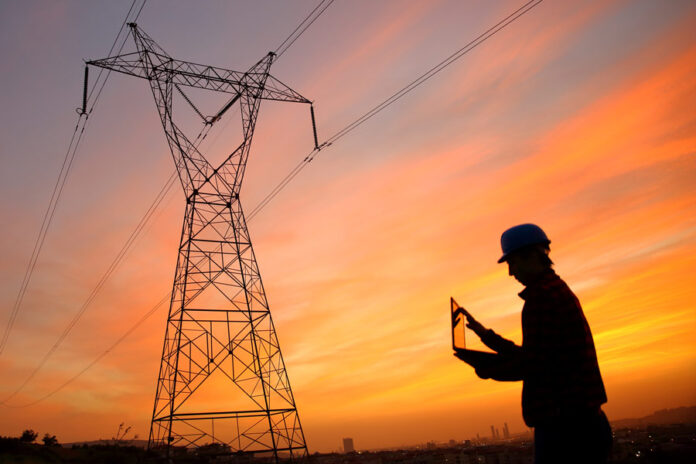A key lawyer advising Japan’s JERA on its stake in Philippine renewable energy provider AboitizPower used the deal to illustrate the keenness of nations to jump on board this new sector, but also the complex regulatory red tape that was unfortunately dragging out many similar projects in the region.
King & Spalding partner Simon Cowled said these local regulatory frameworks could be intricate to navigate. His firm advised JERA, Japan’s largest power producer, in purchasing a 25% stake in the AboitizPower from Aboitiz Equity Ventures (AEV), a Philippine Stock Exchange-listed conglomerate, for USD1.14 billion.
Aboitiz & company, a holding company of AEV that is controlled by Aboitiz family, also agreed to sell an additional 1.99% stake in AboitizPower, bringing JERA’s total post-transaction stake to 27% through JERA Asia, and the total purchase price to USD1.6 billion. Upon completion of the transaction, AEV will retain control of AboitizPower, owning a 52% stake.
King & Spalding and Philippine firm SyCip Salazar Hernandez & Gatmaitan acted for JERA, while Skadden and Philippine firm Cruz Marcelo & Tenefrancia advised AEV.
“The outlook for renewable energy investment in Asia remains bright, with strong growth in electricity demand across the region and an increasing array of available technologies such as solar, storage, offshore wind and hydrogen to meet that demand, all supported by a deepening pool of liquidity from strategic and financial investors who are keen to finance the required investments,” Cowled told Asia Business Law Journal.
“The Philippines is a good example, with incumbent players and new entrants helping the country to move away from its historical reliance on coal-fired generation towards greener technologies – reducing carbon intensity, creating jobs and providing sustainable power to growing populations in the process.”
But despite the attractiveness for foreign investment in infrastructure, like many jurisdictions in Southeast Asia, Cowled said the local legal and regulatory framework and local commercial dynamics could be complex.
“Navigating this complexity can be challenging, which means that deals often take longer to execute than comparable deals in OECD markets,” he said. “Successful investors like JERA tend to take a patient long-term view, focus on local partner selection and compliance matters as a priority, and look for ways to add extra value to their investments, such as by bringing international best practice for the development, operation and financing of projects in-country.”
Cowled and his colleague, partner Lachlan Clancy, led the Singapore-based team that comprised senior associate Zoe Bromage and associates Jill Cooper and Connie Ye.
The Skadden team was led by partners Jonathan Stone in Hong Kong and Rajeev Duggal in Singapore, with the help of a Hong Kong team comprising counsel Andrew Cohn and associates Arthur Chan and Sonia Char.
AboitizPower aims to expand power generation capacity to 9.2GW and achieve a 50% clean energy and thermal capacity mix by 2030. At the same time, JERA is working to eliminate CO2 emissions from its domestic and overseas businesses by 2050.






























